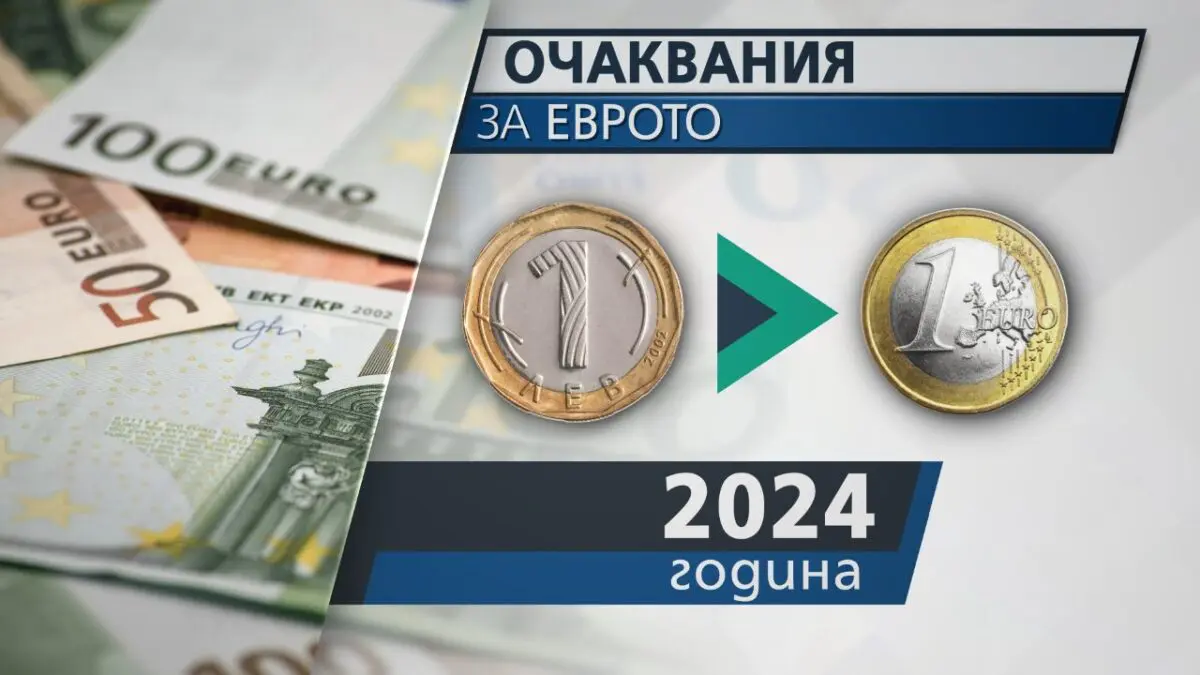According to a September Trend survey, 67 percent of people expect commodity prices to rise with the introduction of the euro. 59% of Bulgarians, on the other hand, believe that this will lead to lower incomes.
Still, most Bulgarians believe that the euro is a stable currency, and 27% define the single currency as the most stable of all. The data were quoted at the international conference “Bulgaria in the Eurozone – Opportunities and Challenges”.
3 months after Bulgaria’s entry into the Eurozone waiting room, opinions remain at both poles. According to experts, the earliest date for the lev to be replaced by the euro is 2024.
A small coffee and cigarette shop in Haskovo does not expect any shocks in the introduction of the euro. Customer fears are that if we put the other currency in our pockets, prices will not jump up. Whether it will raise the price of coffee, Georgi Daskalov will decide according to how much importers and suppliers sell it to.
“However, I think that the next 4 years will be quite interesting for our country and every Bulgarian should be very careful when it comes to his personal finances,” said Georgi Daskalov.
According to MEP Tsvetelina Penkova, this fear is unfounded: “The data show that prices are rising between 0.2 and 0.3%, with the highest increases observed in Italy – 0.6%. This is a minor risk that can be managed if we take action. “
The purchasing power of Bulgarians will not decrease, experts say. On the contrary.
“Growth, trade, investment, tourism and income will increase, there is not a single country in Central and Eastern Europe that has entered the eurozone and become impoverished, all are rich,” said Nikolai Vassilev.
From a social point of view – Bulgaria will have an interest in the euro only when our economy, productivity and income are comparable to European ones.
“If we just wait to adopt the euro and thus become somehow very rich – it will not happen – the euro alone will not make us rich,” said Ivaylo Kalfin.
“We need to get used to the idea that our membership in the Eurozone is not a new coffers for additional funds that will be poured into the country, but above all the responsibilities and new opportunities,” said Iliana Yotova, Vice President of the Republic of Bulgaria.







